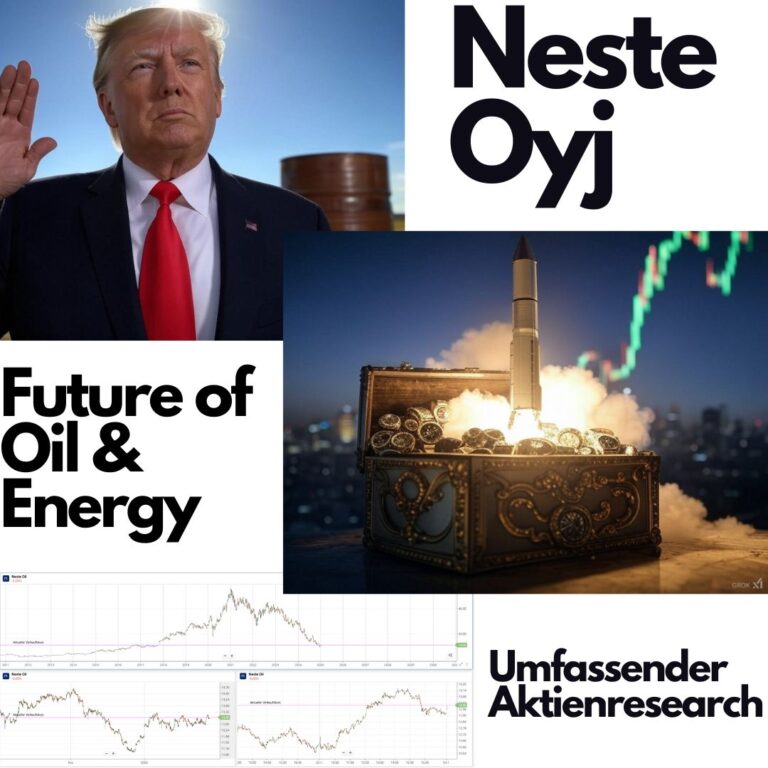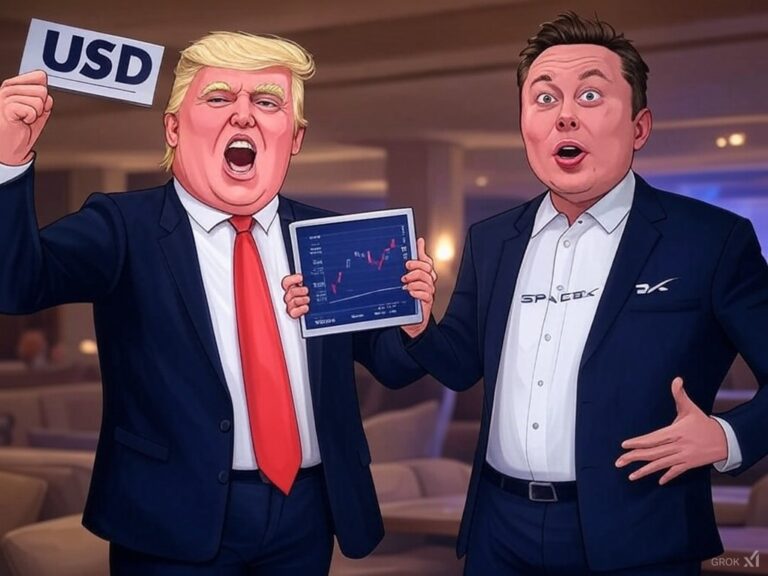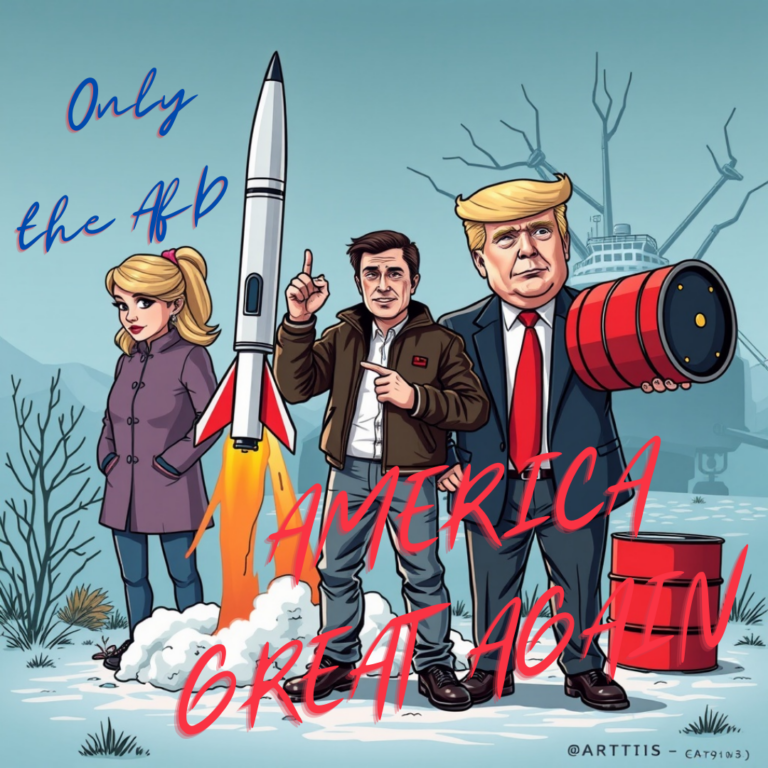Raw materials are among the oldest trade goods in the history of mankind. In ancient times, Sumer already had one of the oldest commodity exchanges. Nowadays, commodities are traded on the stock exchanges mainly in the categories of metal commodities, agricultural commodities, commodities from the energy sector and livestock.
Private investors can also trade in commodities, taking advantage of the price fluctuations of individual commodities. There are several ways to invest in commodities.
Trade commodities via CFD
If you want to participate in the performance of certain commodities such as gold or oil, you can buy these commodities via CFDs. The investor does not physically own the commodity, but participates in the price development of the corresponding commodity.
In addition to a 1:1 investment in a particular commodity, speculative investments with CFDs are also possible. For example, a CFD with leverage 30 would immediately generate a profit of 30 percent if the price of the commodity were to increase by only 1 percent.
Commodity stocks
Commodity stocks are an investment opportunity for those who do not wish to invest directly in specific commodities, but rather in companies that are directly involved in the production or trading of commodities.
The advantage of commodity shares is that participation in commodity trading is possible directly through the securities account at the bank or an online broker.
Certificates
Just like commodity shares, certificates can also be bought or sold via the conventional securities account. Commodity certificates offer another advantage in that investors can use quanto certificates to protect themselves against currency risks, since commodities are normally quoted in U.S. dollars.
Certificates can also be speculated with leverage. However, it is generally important to note in certificate trading that these are debt securities. If the issuing bank goes bankrupt, the certificate also loses its value.
ETFs, ETCs and commodity funds
ETFs are particularly interesting for investors who do not value active fund management and prefer low-cost investment access. ETFs are not managed by a fund manager and exclusively follow the respective index.
ETCs are a special type of certificates. These are secured and perpetual bonds. They are particularly suitable for long-term investments.
Some commodity funds also make good long-term investments. It should be noted that most mutual funds require the payment of an expense surcharge. However, there are also funds that can be purchased without a premium. Some banks also allow investors to invest in commodity funds through a savings plan.
Commodity futures evil
Commodity futures exchanges exist primarily for agricultural commodities, agricultural products and livestock. The commodities are traded on a commodity futures exchange at fixed dates in the future.
Commodity futures exchanges are therefore about the real delivery of commodities. Commodity futures exchanges are therefore unsuitable for private investors.






